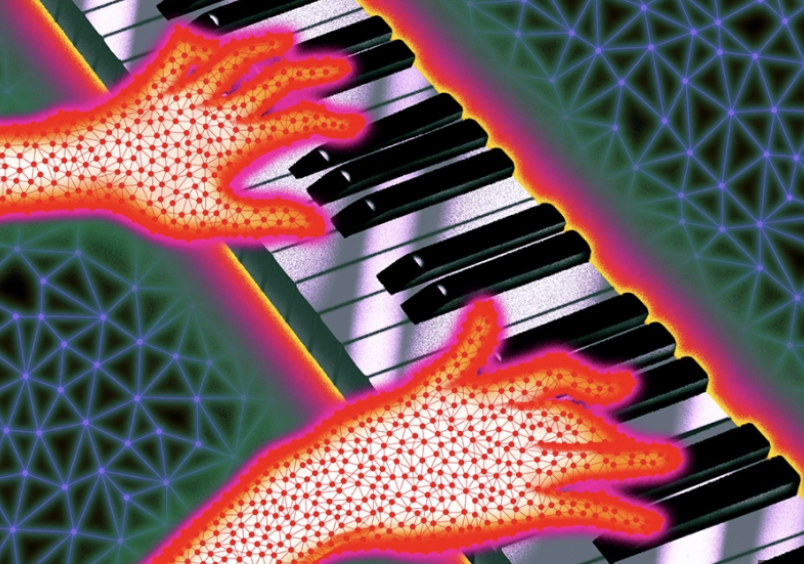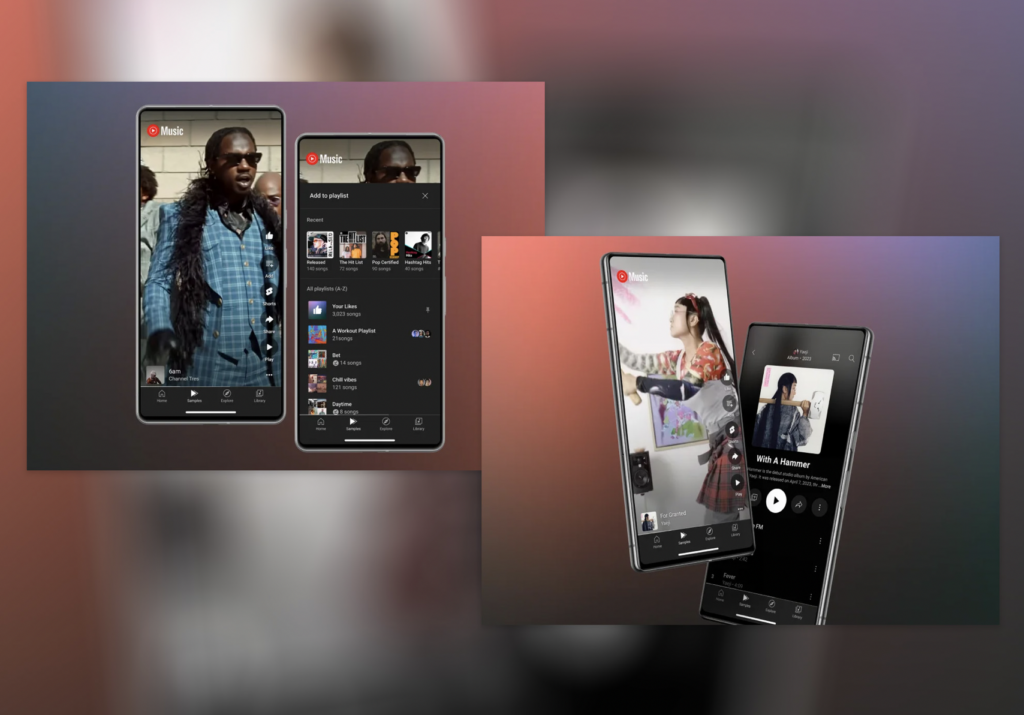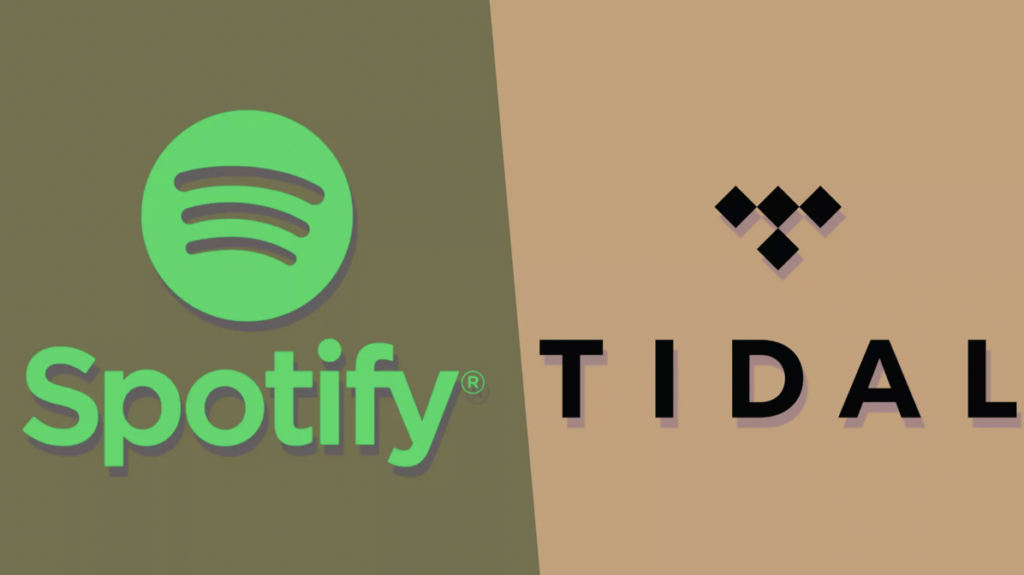50% Of Independent Artists “Aware & Engaged With AI”

In 2023, the music industry is abuzz with discussions on artificial intelligence (AI) technologies. Increasingly, musicians are diving into this tech realm, seeking ways to enhance their music and creative pursuits.
TuneCore has released a study shedding light on this trend. Surveying 1,558 independent artists, the report reveals that 50% are aware & engaged with AI, holding an optimistic view of its benefits and opportunities. However, 39% remain indifferent and apprehensive, voicing concerns about the technology.
Usage statistics gleaned from the survey are equally insightful. Among the respondents, 27% have already explored AI music tools. Of this group, 57% harnessed the technology for artwork creation, 37% for promotional assets, and 20% for fan engagement. A notable 35% express interest in leveraging generative AI to enrich their creative process, with a particular focus on marketing and promotion, capturing 31% of respondents’ attention.
The study further delves into the role of music in training creative AIs. Strikingly, 50% of artists are willing to offer their music for machine learning, but with a strong emphasis on responsible usage.
Key expectations emerge from the report: artists demand permission, proper compensation, and credit for their contributions to the training. Such demands arise from pressing concerns: 77% fear replacement by AI-generated music, 61% are wary of plagiarism, 58% stress correct attribution of AI-generated creative inputs, and 46% advocate for equitable distribution of recorded-music revenues.
Contrary to the industry’s stereotype, these studies paint a nuanced picture from the perspective of individual musicians. As they embrace AI with caution and excitement, their concerns deserve serious consideration. With more artists engaging with these creative tools, a balance must be struck between innovation and ethical application.



